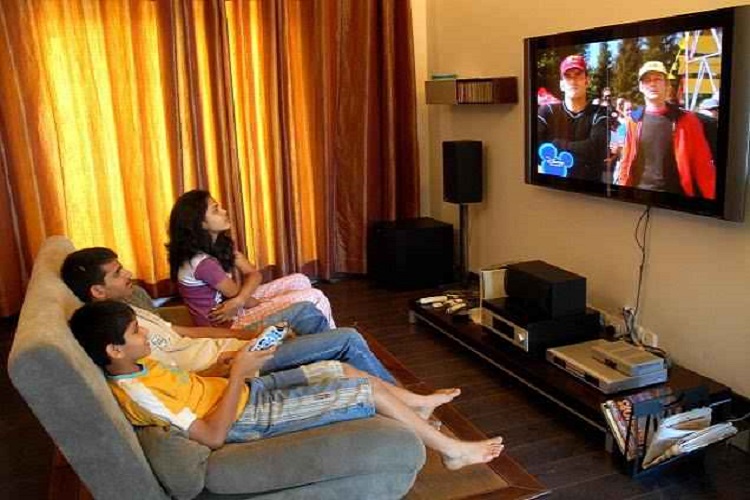 English
English

From too much screen time to anxiety and alcohol use, there is a litany of familiar teenage concerns that can disrupt sleep and, by consequence, brain development. Read further on Dynamite News:

California: Fiona Baker, the director of SRI's Human Sleep Research Program, has been studying the links between sleep and general health and well-being.
Much of her work has been focused on sleep patterns in adult women, but recently her attention has turned to adolescents. Adolescence is a crucial time for developing healthy sleep patterns as it is for brain development. In her research, Baker draws clear lines of connection between the two.
"Sleep is so important to us all, but especially for teenagers or adolescents," Baker said.
"Between the ages of 10 and 21, or so, and even a little later, the brain develops and matures in fundamental ways. By studying sleep we're trying to understand not just sleep as a behaviour but also its importance for the entire brain and for lifetime well-being," she added.
During this period, Baker said the brain becomes more efficient, getting rid of -- or "pruning" in neurological terms -- brain connections that are more relevant in childhood while strengthening more important ones that the young person will rely on the rest of their lives.
If a teen's sleep patterns are less than ideal, it can affect brain development and overall health. In addition to studying underlying mechanisms linking sleep, the developing brain, and health in teens, Baker's lab is also working to develop behavioural guidelines to help adolescents find healthier balances.
"Sufficient, quality sleep is really important for healthy behavioural, emotional, and cognitive development in adolescents, and lack of sleep is tied to weight gain, poor cognitive development, and socioemotional difficulties," Baker said, adding, "We really need to understand this period better in terms of sleep's connection to these concerns."
From too much screen time to anxiety and alcohol use, there is a litany of familiar teenage concerns that can disrupt sleep and, by consequence, brain development. In one recent study, she looked at bedtime screen use (phone, computer, television) in more than 10,000 children between the ages of 10 and fourteen to uncover several interesting findings.
More than a quarter (28%) experienced sleep disturbances, but those who had a TV or an Internet-connected electronic device in the bedroom had more trouble falling and staying asleep and more overall sleep disturbance. Worse yet, those who left their ringers on overnight had it much worse than those who turned them off. Common teenage bedtime routines, such as streaming movies, playing video games, listening to music, talking/texting on the phone, and using social media or chat rooms, were all associated with greater sleep challenges....
"We're seeing that if teenagers start to drink heavily they have a more disturbed sleep," Baker said, adding, "It's too early to tell, however, if stopping drinking can return things to normal or if the changes persevere." (with ANI inputs)
No related posts found.